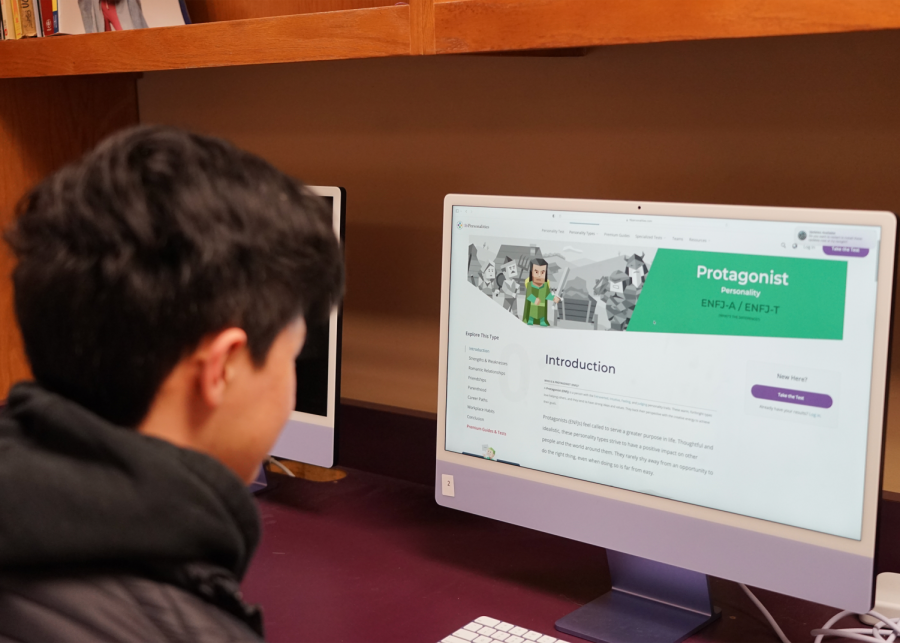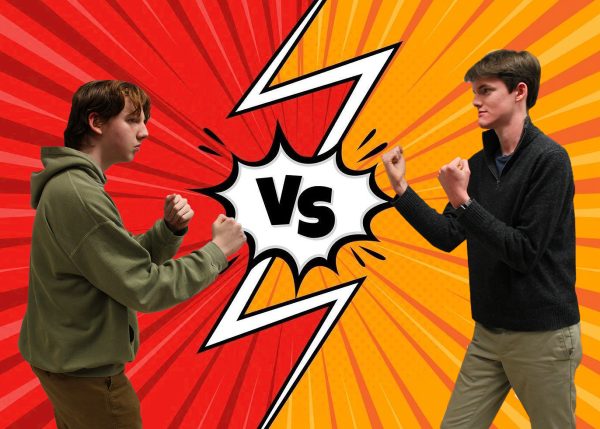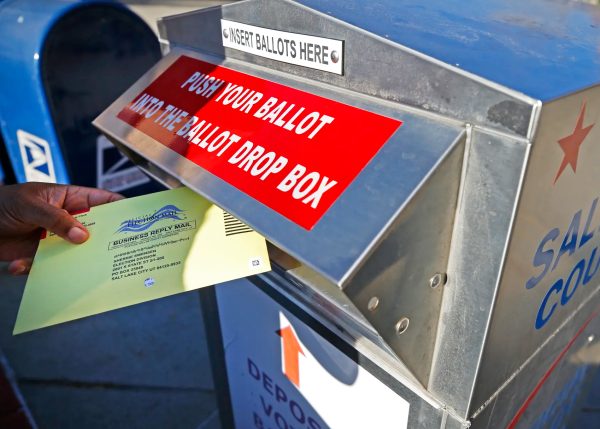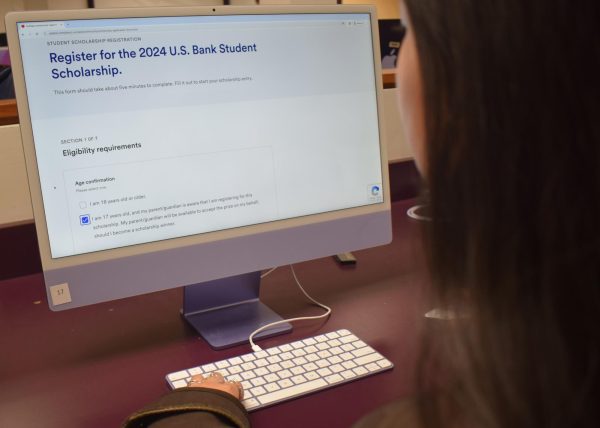MBTI: A Personality Test, Not a Trait
In just 15 minutes, you can discover what many spend their entire life trying to figure out: who you are and what makes you tick. At least, that is the supposed promise of the Myers–Briggs Type Indicator (MBTI), a widely known personality test. In reality, the MBTI test is usually unreliable, biased and only successful in padding the test taker’s ego.
Since its publication in 1962, the MBTI has seeped into mainstream American society, proliferating in the realms of culture and business. Many individuals and businesses view it as an innovative tool to gain valuable insight into themselves and potential employees with just four letters.
Far from being a harmless tool, however, individuals and companies have allowed the MBTI’s usage to go unchecked, giving it the power to dictate everything from who to date to employment decisions. In fact, many individuals on dating sites now post their MBTI types in their bios in hopes of finding the perfect match. A 2008 poll found that 80 percent of Fortune 500 companies have employees take the MBTI to determine if they are a good fit for the company.
None of this would be an issue if not for the fact that the MBTI is largely based in pseudoscience and has no place in careers, much less life. Indeed, Psychology Today, a leading psychology magazine, described the test as having “relatively little scientific validity.”
William Kirchman (III) adds, “[MBTI tests] really shouldn’t have any bearing on your life. Your life isn’t going to drastically change since you took one. I just look at them as scientific versions of zodiac signs.”
The clear fallibility of the zodiac-esque MBTI test begs the question: why is it even used? The answer comes back to the users. Unfortunately, many who take the test like their results, regardless of whether they are based on science or not. Indeed, the company behind the MBTI, which generates 2 billion dollars per year off of a variety of personality tests, has an incentive for people to like their result and share it.
Take me for instance. According to the MBTI test, I am an ENTJ, known for having an analytical mind and a way with words. Whether or not this categorization is accurate is irrelevant. What matters is that I like the result and that it makes me feel good, which makes me more likely to recommend it. This sentiment is confirmed by the 92.4 percent of test takers who rated it five stars. If the MBTI were really providing meaningful insights, it would tell you hard truths, not just pad one’s ego.
Aleksa Angjeliu (II) offers another explanation: “I think people get really into them because they categorize people into patterns.” Either way, the motives behind widespread interest are misplaced, focusing more on personal perceptions and feelings than empirical data and records of reliability.
More concerning than boosting a person’s ego, though, is the unfortunate reality that companies use variations of the MBTI in hiring decisions. The largest job posting site in the United States, Indeed, for example, has an article on their website explaining how employers can use the test to “hire and build better teams” — that is to say, how companies can use the MBTI data to make uninformed employment decisions.
Angjeliu questions this trend, saying, “I don’t know if it’s accurate enough to use for employment decisions.”
While Myer-Briggs, the company behind the MBTI, does clarify that their tests should not be used for employment decisions, the extent to which people actually rely on it is out of their control and calls for a re-evaluation of the status quo.
It is perfectly fine to take the MBTI test for a bit of fun and to share with friends, but to let it guide your life choices is a mistake and likely reveals more about you than any personality test ever could.







